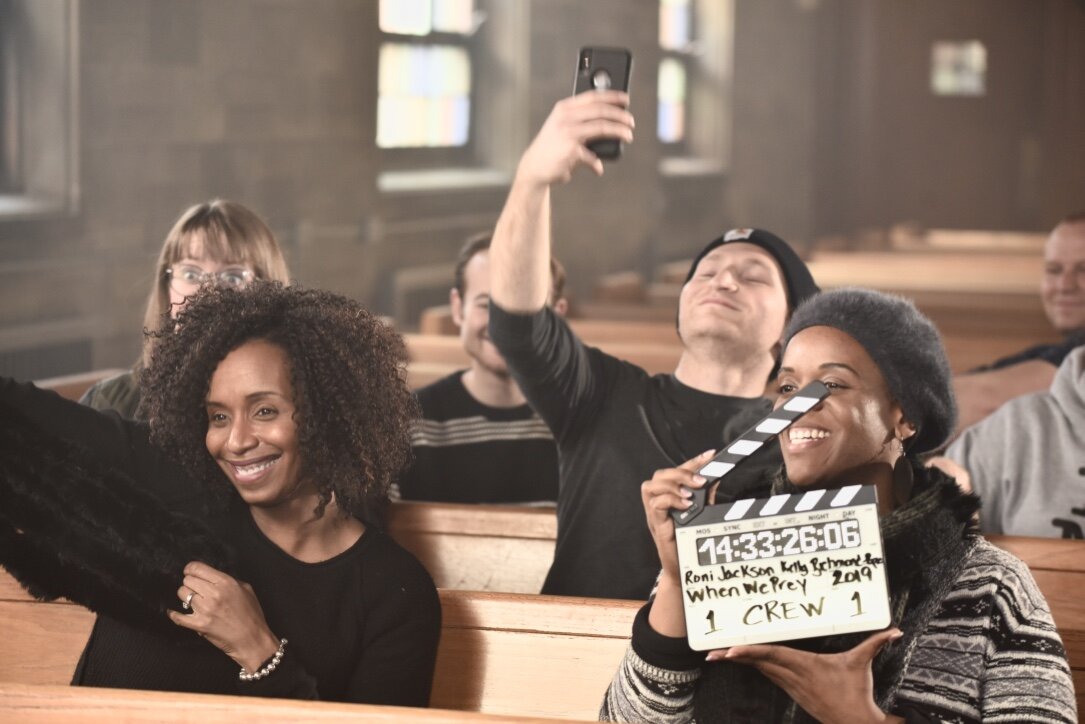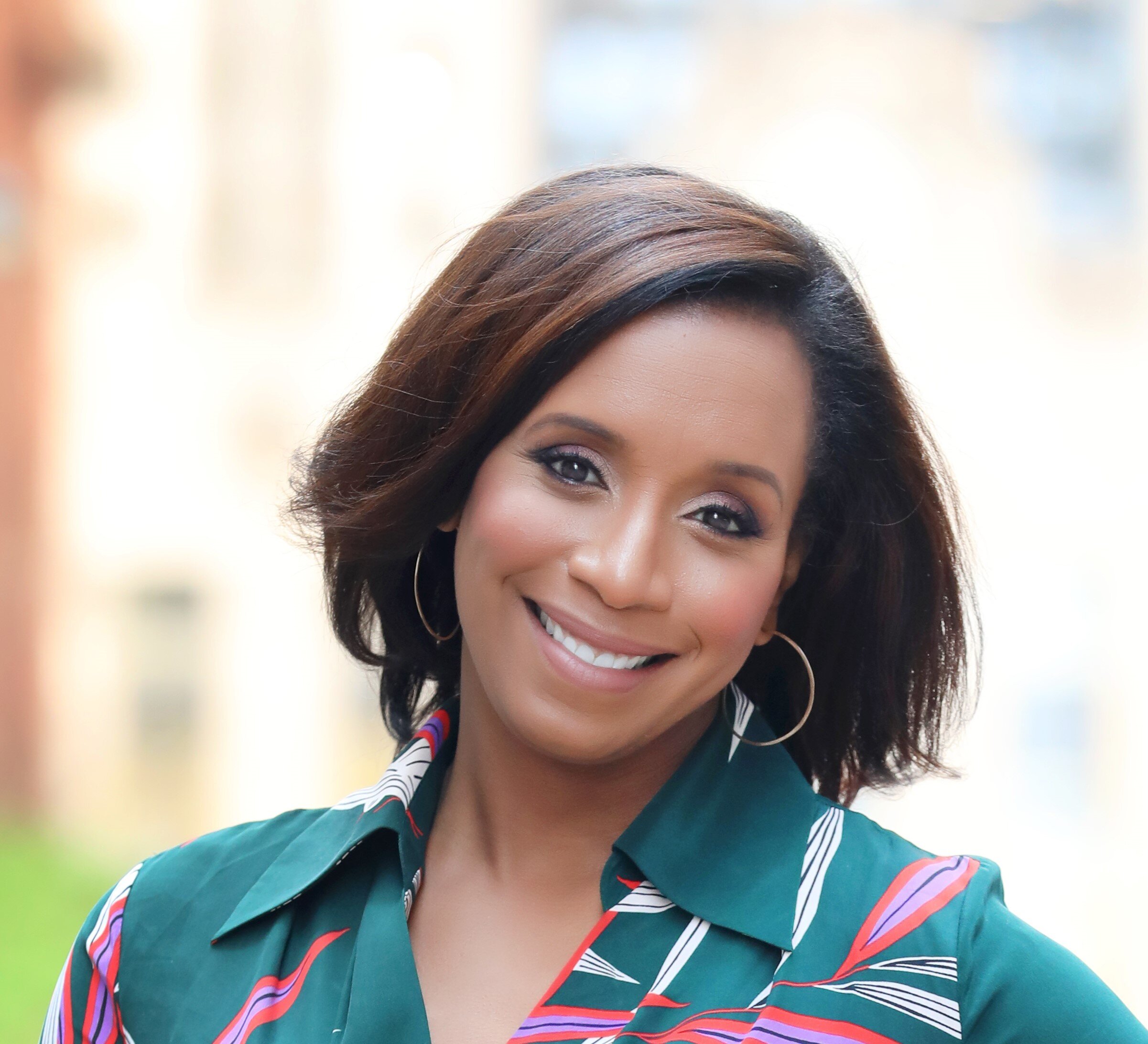All Numbers Tell a Story – How Kelly Richmond Pope is Empowering the Underdog
Aug 10, 2020
Speaking truth to power is never easy, especially when you find yourself the minority voice in what are traditionally conservative, older, white male spaces.
While creativity is not generally something that comes to mind when you think about forensic accounting, Kelly Richmond Pope has made it her calling card. An associate professor in the School of Accountancy and MIS at DePaul University, licensed CPA and PhD, she has published widely in academic journals with a focus on fraud. Yet Kelly is also the director of All the Queen’s Horses, an award-winning documentary about the largest case of municipal fraud in American history, and recently launched Red Flag Mania, a unique game-based e-learning experience that uses true crime stories to build analytical and investigative skills.
We caught up with Kelly to learn more about her unique journey, and what inspires her confidence and creativity.
Kelly, what drew you to specialize in forensic accounting?
My initial interest was in accounting – I took my first accounting class in high school, and I realized that the person who understood the money was the most powerful person in the room. Forensic accounting came about later, when I was working on my PhD – it felt like a good mixture of different disciplines, with accounting as the foundation. Combining psychology, sociology, criminology, and auditing (with a bit of natural nosiness mixed in) it was the perfect discipline for me. Forensic accounting is where accounting goes wrong, so what drew me to it was its application to almost any organization –everyone needs to understand it.
There is a theme in your work and life of boldly stepping into the arena on issues that are not easy to address, often in what have traditionally been white, male-dominated spaces. How has your unique perspective helped give you a heart for the underdog?
When you talk to any person of color in a corporate space, they probably feel like they had to kick, scream, and fight a little bit harder to get wherever they’ve gotten, so that naturally gives you a voice for the underdog because you always feel like you are one. By now, most people know who I am when I come into a space, but there was a time when people said, “So...you’re Kelly?” and it was always fun to see the startled looks.
To me, it goes back to knowing your training and your material, and remembering that you have the same expertise they have (sometimes more) so you can stand up as an equal – all that helps me feel more comfortable. I’ve never questioned my being somewhere because I always felt like I had just as much right to be sitting at the table as they had. I may look different, but my voice is the same.
Between directing a documentary and creating gamification-based training, you are pushing forensic accounting in exciting new directions through the use of storytelling. How did you come to adopt this approach?

If you think about it, all numbers tell stories – they’re telling a financial story and tracing a series of decisions that someone made (hopefully good ones.) Accountants are actually natural storytellers, we just don’t all talk about them in the same way.
Back in school, I started noticing that even accounting majors didn’t seem to find accounting interesting (much less other people!), so I wanted to find a way to make it more engaging, digestible, and important. One of my goals is to show that accounting is all around you, everywhere you go, so it is important to be able to talk about it in an easier way. If you are able to do that, you can reach more people. When I was working on my film, for example, I never said, “Now we’re going to learn about generally accepted accounting principles,” but that’s what we were talking about – it’s implied.
You are clearly someone who loves learning and trying new things in order to forge your path. What drives this?
Not many people think of being an accounting professor as a creative space, but it is. What has always pushed me is wanting to be a bit different and unexpected, and I think that’s really how you make your mark. If you’re saying what everyone else is saying, you’re not really memorable. I don’t know that I ever say to myself “Kelly, how can you push yourself to do something different today,” but one of the beauties of being in education is you can always change. If I want to teach the same textbook every year for the next 15 years, I could and no one would say anything, but that’s pretty boring.

What are some of the challenges you’ve faced while creating and expanding your new business?
Whenever you start doing something different, you naturally run into opposition because people are comfortable with the status quo. One of the things we’ve done with Red Flag Mania is to ask people to think differently, train differently, and teach differently, but it’s hard to get people to do something different when there isn’t anything wrong with what they are currently doing. Convincing them that they could do better if they tried a new way is a hurdle, I think.
What’s next for Red Flag Mania?
“Whenever you start doing something different, you naturally run into opposition because people are comfortable with the status quo.”
What we hope to do is really disrupt traditional education and training by using an “edutaining” approach. We have our first season out now, When We Prey, which is an immersive investigation where the learner has to solve a case. They go through all the evidence, figure out the fraud scheme, pinpoint the internal control weaknesses, and identify the perpetrator. It’s like a cross between Clue, an escape room, and the Law and Order series--if you like bingeing on those shows, you will like this!
Learn more about Red Flag Mania Season One. Connect with Kelly here.


